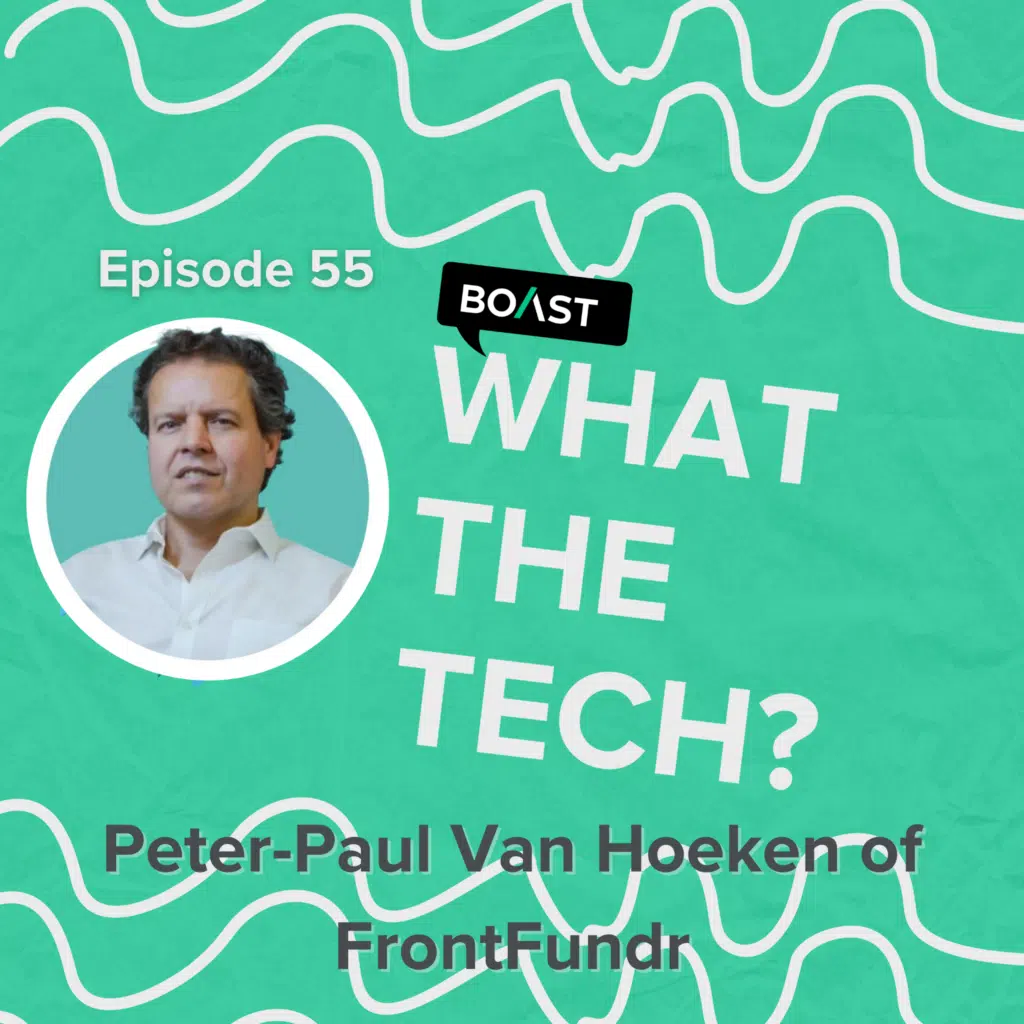Business transformations are happening more rapidly today than at any other time in recent memory. Artificial intelligence (AI) is one leading culprit accelerating this evolution, but changing consumer tastes—ie. Shorter attention spans—along with micro- and macroeconomic conditions are fundamentally upending operations across industries.
While no one in the C-Suite is immune to the struggles that come with these transformations, the office of the CFO is especially feeling the pressure.
According to a recent report from Sage, in just the past year, 89 percent of SMB-to-mid-market CFOs polled have seen their job evolve to keep pace with the new realities of their business.
What does this change look like?
“You’ve obviously got economic headwinds that we know are a challenge for our business and for all the small businesses we support,” Jacqui Cartin, EVP at Sage Group, told CFO.com. “And we as finance organizations need to make sure we are constantly horizon-gazing and saying, ‘What needs to happen for us to be in trouble? What can we do to future-proof our [company]? Where’s the next ‘black swan’ event coming from?”
While the mantle of CFO may historically be associated with bookkeeping and budgets, the top attributes of a successful finance leader according to Sage’s findings are actually Problem-solving skills, Leadership skills, and Understanding tech/systems.
This comes as the CFO mandate has continued to overlap and intersect with missions well outside of the finance department. While 60 percent of respondents to Sage’s research flagged intersection with IT, CFOs are also playing a strategic role in ESG/sustainability initiatives (58 percent), sales (53 percent) operations (54 percent) and marketing (52 percent).
Of course, the CFO has always been a cross-functional role by design, as these leaders ultimately dictate budgets across the organization. But underscoring the increased need for CFOs to act as strategic decision makers is the embrace of AI and machine learning tools over the recent past, and the perceived opportunity these technologies present.
Among the CFOs polled, 86 percent identified AI, machine learning and automation as the biggest opportunities for them to excel in their roles and improve opportunities business-wide. To that end, 78 percent of finance leaders identified “keeping up with new tech knowledge” as key to their success over the next three years.
How is tech changing the role of CFO today?
Almost three quarters of respondents to Sage’s research state that more than 50 percent of their finance processes have already been automated. In the long term, 59 percent of finance leaders polled expect to be leading the charge in implementing new technology organization-wide over the next three years.
The majority of financial leaders polled (85 percent) also believe that they’ll be called on to provide “strategy and counsel” for the entire organization as they navigate new tech shifts and adoption.
Now, finance leaders are on average spending more than four hours a day on activities that aren’t traditionally considered part of the CFO mandate, including strategic planning and even talent management.
In turn, finance leaders are seeing their workload grow while available working hours to focus on their primary financial mandates are getting squeezed.
Capturing efficiency without sacrificing time
Sixty-nine percent of CFOs polled said their biggest challenge is managing their growing list of day-to-day responsibilities.
For growth-phase companies, this reality is especially concerning, as CFOs are also the ones leading the charge on fundraising and mapping out a capital strategy for growth—a full time commitment that requires a great deal of focus.
While automation has been embraced by many companies when it comes to streamlining some of the non-finance tasks that have fallen on the CFOs plate, there are even more opportunities within the finance department to leverage cutting-edge tech to work smarter, harder and faster.
Capturing non-dilutive innovation capital, for instance, calls for insights into product, R&D and finance arms of the business. Collecting, analyzing, and presenting this data that can quickly stretch a CFO thin without both automated tools as well as expertise into these disparate domains to craft a successful claim.
R&D tax credits in particular offer a great opportunity for CFOs to stretch the investments their already making into creating innovative products further.
At Boast, we’ve created a platform that streamlines the process, aligning finance, product and payroll data into a single platform of intelligence that allows our in-house tax and tech experts to do do the heavy lifting when it comes to creating a comprehensive, maximized R&D tax claim.
Check out our recent webinar with partners from Get Fresh Ventures, Front Fundr and Side Door Ventures where we discuss the challenges and opportunities for businesses navigating growth in today’s economy.
To see how Boast can help you work smarter and truly maximize your investments into R&D, talk to an expert today.





